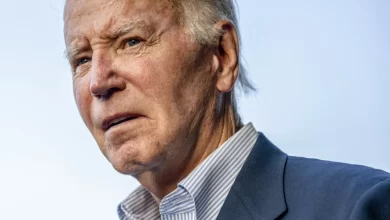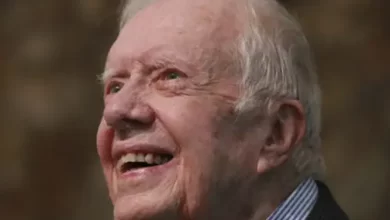Australia Moves Closer To Social Media Ban For Under-16s Amid Debate

Australian lawmakers are advancing landmark legislation to ban children under the age of 16 from using social media platforms such as Facebook, Instagram, TikTok, and Snapchat. The proposed rules, which passed the lower house of parliament on Wednesday, aim to protect young teens from online harms by requiring social media companies to take “reasonable steps” to block underage accounts.
Companies failing to comply could face fines of up to AUD 50 million (USD 32.5 million). The bill, championed by Prime Minister Anthony Albanese, will now be debated in the Senate.
Aimed at Protecting Young Australians
Prime Minister Albanese has framed the legislation as a response to growing concerns about the impact of social media on young people. He described the platforms as breeding grounds for peer pressure, anxiety, scammers, and online predators. Speaking to parents, he emphasized the need to encourage children to engage in physical activities, saying, “We want young Australians off their phones and onto the footy and cricket field, the tennis and netball courts, in the swimming pool.”
If enacted, the ban would be one of the strictest of its kind globally. However, its implementation remains uncertain. Regulators are expected to spend at least 12 months crafting detailed enforcement mechanisms, leaving open questions about how effective the ban will be.
Implementation Challenges and Criticism
Experts and industry leaders have raised concerns about the feasibility and unintended consequences of the legislation. Social media firms have criticized the rules as “vague,” “problematic,” and “rushed.” They argue that enforcing the ban without requiring government-issued ID could make age verification difficult, as current measures are easily bypassed.
University of Sydney professor Terry Flew cautioned that the limited consultation process might result in “symbolic policy-making” rather than meaningful reform. Social media expert Susan Grantham labeled the move a “knee-jerk reaction” with potentially harmful side effects, such as isolating young people who rely on online communities or encouraging unregulated alternatives to emerge.
Grantham advocated for more comprehensive digital literacy programs, similar to Finland’s model, where children as young as five are taught to think critically about online content.
Exemptions and Comparisons
Some platforms, such as WhatsApp and YouTube, may receive exemptions due to their utility for education and communication. LinkedIn has also sought an exemption, humorously arguing that its content is “too boring” to attract under-16 users.
Australia’s proposed ban is being closely watched worldwide. Lawmakers in Spain, Florida, and other regions have suggested similar measures, but none have yet implemented them. In contrast, China



